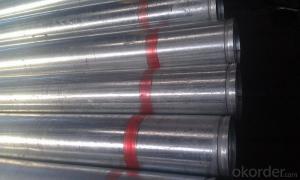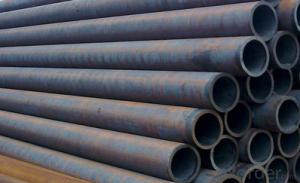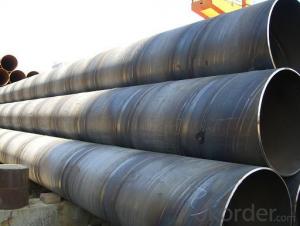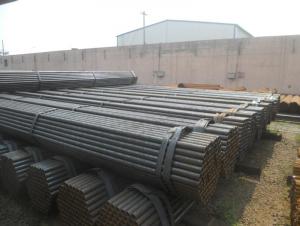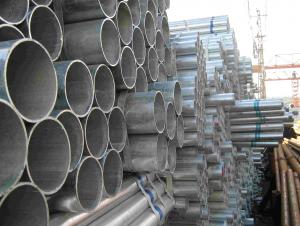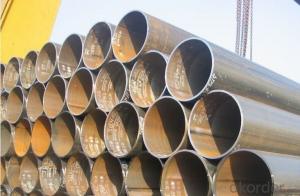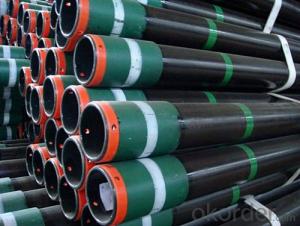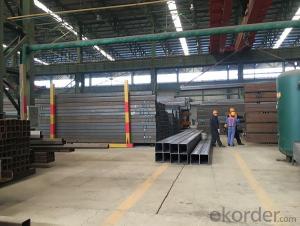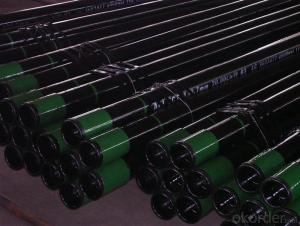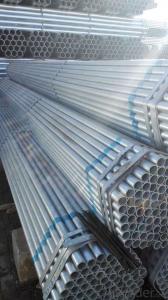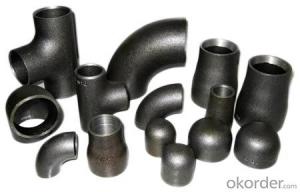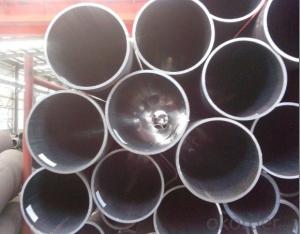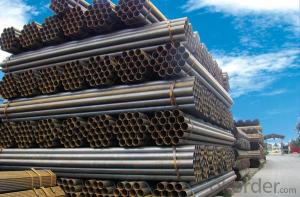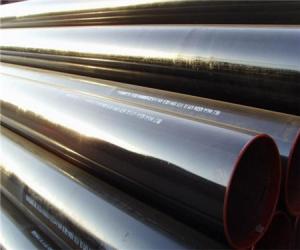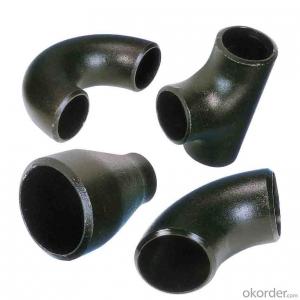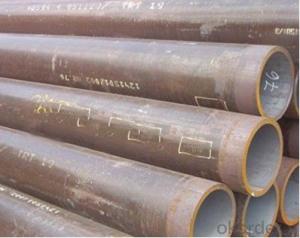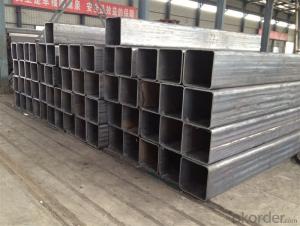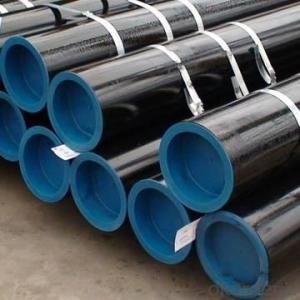All Categories
- - Steel Wire Rod
- - Steel Coils
- - Steel Profiles
- - Steel Pipes
- - Stainless Steel
- - Tinplate
- - Special Steel
- - Steel Sheets
- - Steel Rebars
- - Steel Strips
- - Hot Rolled Steel
- - Cold Rolled Steel
- - Pre-painted Steel
- - Seamless Steel Pipe
- - Welded Steel Pipe
- - Hollow Steel Tubes
- - Galvanized Pipe
- - Stainless Steel Coil
- - Stainless Steel Sheet
- - Stainless Steel Plate
- - Stainless Steel Strips
- - Electrolytic Tinplate Coil
- - Electrolytic Tinplate Sheet
- - Stainless Steel Rebars
- - Solar Panels
- - Solar Water Heater
- - Solar Related Products
- - Solar Inverter
- - Solar Cells
- - Solar Light
- - Solar Energy Systems
- - Solar Controllers
- - Solar Mounting System
- - Solar Pump
- - Solar Chargers
- - Fiberglass Chopped Strand
- - Fiberglass Mesh Cloth
- - Composite Pipes
- - FRP Pultrusion Profiles
- - Fiberglass Mat Tissue
- - Fiberglass Fabrics
- - Fiberglass Mesh
- - Composite Tank
- - Fiberglass Mesh tape
- - Polymer
- - FRP Roofing Panel
- - Fiberglass Roving
- - Monolithic Refractories
- - Ceramic Fiber Products
- - Refractory Bricks
- - Raw Materials For Refractory
- - Suspended Platform
- - Cranes
- - Concrete Machinery
- - Earthmoving Machinery
- - Building Hoist
- - Road Building Machinery
- - Plastic Pipe Fittings
- - Plastic Tubes
- - Plastic Sheets
- - Agricultural Plastic Products
- - Plastic Nets
 All Categories
All Categories
Q & A
What is the role of steel pipes in the development of offshore drilling platforms for oil and gas extraction?
Steel pipes play a crucial role in the development of offshore drilling platforms for oil and gas extraction. They are used extensively for various purposes, such as conducting drilling operations, transporting extracted oil and gas, and supporting the infrastructure of the platforms. Steel pipes are highly durable and can withstand the challenging offshore conditions, including harsh weather, corrosion, and high pressure. Their strength and reliability make them essential components for ensuring the safety and efficiency of offshore drilling operations, ultimately contributing to the successful extraction of oil and gas from offshore reserves.
How do you calculate the stress and deformation in steel pipes under varying temperature and pressure conditions?
To calculate the stress and deformation in steel pipes under varying temperature and pressure conditions, you need to consider a combination of mechanical and thermal properties of the material. The stress can be determined using formulas such as the Barlow's formula, which accounts for the internal pressure, pipe dimensions, and material properties. The deformation can be calculated using equations like the thermal expansion formula, taking into account the temperature change and the coefficient of thermal expansion of steel. By considering both the mechanical and thermal effects, it is possible to accurately calculate the stress and deformation in steel pipes under varying temperature and pressure conditions.
How are steel pipes used in the construction of suspension bridges and cable-stayed bridges?
Steel pipes are commonly used in the construction of suspension bridges and cable-stayed bridges as strong and durable structural elements. They are primarily used for the construction of bridge towers and piers, as well as for the main supporting cables. The pipes provide the necessary strength and stability to support the weight of the bridge deck and withstand the tension forces exerted by the cables. Additionally, steel pipes are often used for the fabrication of bridge components, such as handrails and guardrails, due to their resistance to corrosion and ability to withstand heavy loads.
What are the different grades of steel used in pipe manufacturing?
There are several different grades of steel used in pipe manufacturing, including carbon steel, alloy steel, stainless steel, and duplex steel. Each grade has its own unique properties and is chosen based on specific requirements such as strength, corrosion resistance, and temperature resistance.
Wholesale Steel Pipes from supplier in Bangladesh
Our team of experts is dedicated to helping you find the right Steel Pipes products for your requirements, whether it's for construction, infrastructure, oil and gas, or any other industry. We work closely with our clients to understand their unique needs and provide personalized solutions that meet their budget and timeline.
In addition to sales and quotes, we also offer technical support services to ensure that the Steel Pipes products you choose are installed and used correctly. Our team can provide guidance on installation procedures, maintenance, and troubleshooting, ensuring that your project runs smoothly and efficiently.
As a subsidiary of CNBM, a Fortune Global 500 company, we have access to a vast network of suppliers and manufacturers, allowing us to source high-quality Steel Pipes products at competitive prices. We can handle large-scale procurement projects, ensuring timely delivery and cost-effective solutions.
Our years of experience in the Bangladesh market have given us valuable insights and understanding of local regulations, standards, and industry trends. This enables us to provide expert advice and guidance, ensuring that your Steel Pipes solutions are in compliance with all relevant requirements.
Whether you are looking for standard Steel Pipes products or custom solutions, we have the expertise and resources to meet your needs. Contact us today to discuss your requirements and let us help you find the right Steel Pipes solutions for your projects in Bangladesh.
In addition to sales and quotes, we also offer technical support services to ensure that the Steel Pipes products you choose are installed and used correctly. Our team can provide guidance on installation procedures, maintenance, and troubleshooting, ensuring that your project runs smoothly and efficiently.
As a subsidiary of CNBM, a Fortune Global 500 company, we have access to a vast network of suppliers and manufacturers, allowing us to source high-quality Steel Pipes products at competitive prices. We can handle large-scale procurement projects, ensuring timely delivery and cost-effective solutions.
Our years of experience in the Bangladesh market have given us valuable insights and understanding of local regulations, standards, and industry trends. This enables us to provide expert advice and guidance, ensuring that your Steel Pipes solutions are in compliance with all relevant requirements.
Whether you are looking for standard Steel Pipes products or custom solutions, we have the expertise and resources to meet your needs. Contact us today to discuss your requirements and let us help you find the right Steel Pipes solutions for your projects in Bangladesh.
